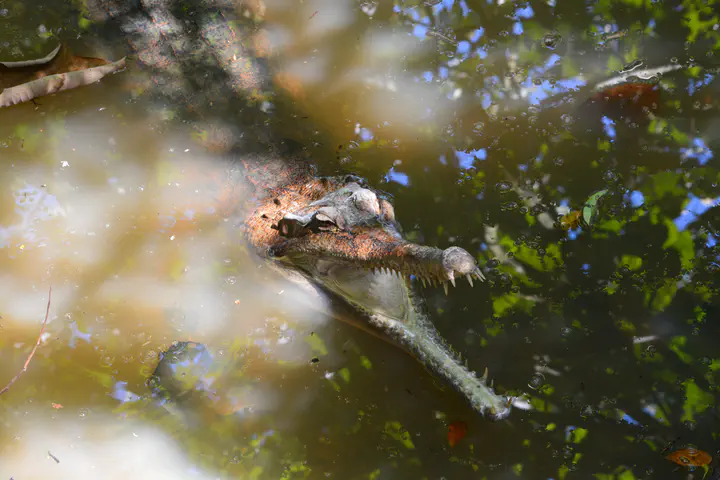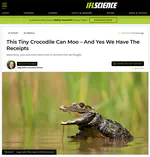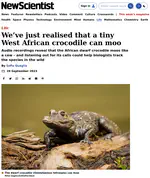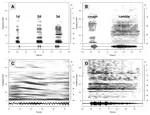Crocodile communication
 Adult Tomistoma schlegelii
Adult Tomistoma schlegeliiDuring my PhD I explored strategies for the conservation monitoring of crocodilians, an iconic group of apex predators that play a key role in tropical freshwater ecosystem regulation, but are unfortunately vulnerable to human activities. Population assessments, crucial in developing conservation programs, require robust methodologies that take advantage of our knowledge of organismal biology and ecology. Traditional crocodile survey techniques that rely on spotlight or aerial counts are well established for the more conspicuous species, but can provide limited information when applied to species that are shy or difficult to access. These hard-to-survey species are also often the ones that are most vulnerable to habitat modification, and are consequently of greater conservation concern. Crocodiles are the most vocal of reptiles, which opens up the potential for novel methods of surveying.
My project provided baseline information on general ecology and acoustic communication in three threatened crocodilian genera in Africa and Southeast Asia—Mecistops, Osteolaemus, and Tomistoma—and then tested how the crocodile vocalisations can be exploited in a monitoring and survey context. This research provides an insight into the diversity of crocodilian acoustic repertoires, offers potential for acoustic-based survey methodologies in conservation, and opens up exciting new directions in reptile behavioural ecology.





